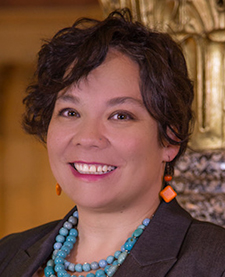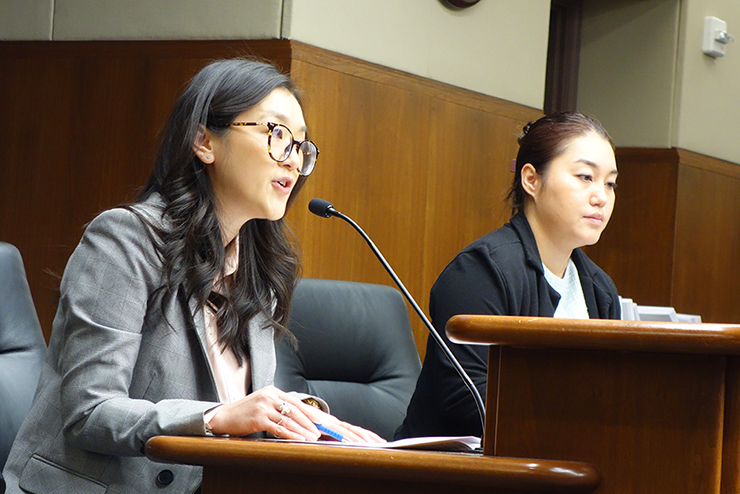An increase in verbal and physical attacks on Asian Americans during the COVID-19 pandemic has helped push forward legislation designed to fix a loophole in Minnesota’s hate crime law.
Updating the way Minnesota responds to hate crimes has been a goal of a community coalition and DFL lawmakers for three years. Doing so this session could be another result of the trifecta that emerged from the 2022 election.
State Rep. Frank Hornstein
The changes would provide a way to measure the prevalence of bias incidents that either aren’t reported as crimes or fall short of the legal definitions. Driven in the past by Rep. Frank Hornstein, a Minneapolis DFLer who is Jewish, the hate crimes bill is now sponsored by Rep. Samantha Vang, a Hmong-American DFL lawmaker from Brooklyn Center.
“As an Asian-American woman, this is also personal,” Vang said. “During the pandemic, with the rhetoric being used to blame Asian Americans for the coronavirus, not just me but the Asian American community felt unsafe for the first time in a long time.”
“During the pandemic we’ve seen online and offline videos of violence and harassment and abuse against Asian Americans. The community is asking me what can I do. But the state right now doesn’t have the infrastructure to report what is actually happening on the ground to our communities.”
That is the new initiative in House File 181. Separate from the reporting of hate crimes to the police — reports that are collected and reported annually by the state Bureau of Criminal Apprehension — the bill sets up a system to report incidents that fall short of criminal acts or are not reported because the victim chooses not to. People could report events to community groups that might be more trusted. And those reports could be gathered to provide a fuller idea of what is happening on the ground.
Commissioner Rebecca Lucero
Rebecca Lucero, commissioner of the state Department of…
Read the full article here





